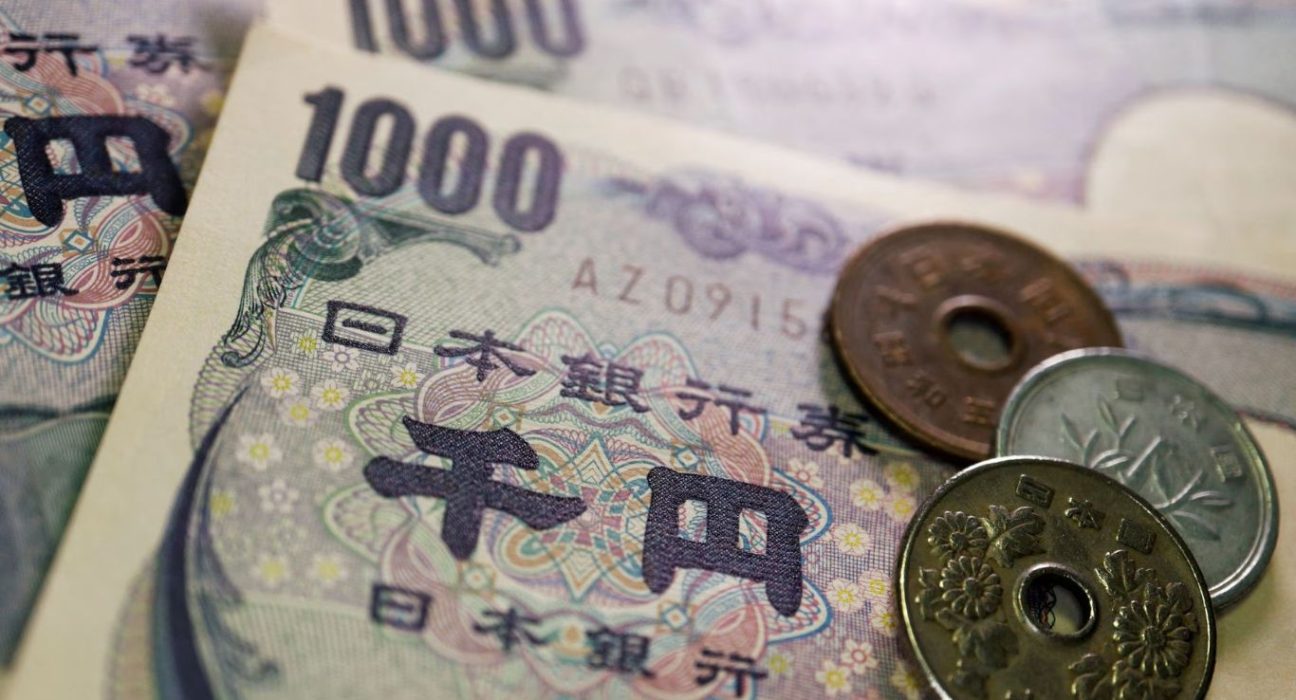The Japanese yen has displayed resilience in the face of recent challenges, remaining relatively flat but trading above six-month lows against the US dollar. Despite facing downward pressure, the yen has managed to maintain stability, largely due to stronger-than-expected capital spending data for the first quarter of the year. This positive economic indicator hints at the possibility of an upward revision in GDP for the same period. Investors and analysts are keeping a close eye on these developments, as they provide insights into Japan’s economic prospects.
Capital Spending Data Bolsters Economic Outlook
The release of capital spending data for the first quarter of the year has injected a dose of optimism into Japan’s economic landscape. The figures have surpassed expectations, indicating that businesses in Japan are investing more than anticipated. This surge in capital spending suggests that companies have confidence in the future economic conditions and are willing to allocate resources to expand their operations. Such positive sentiment bodes well for Japan’s economic growth, potentially leading to an upward revision in the country’s GDP figures.
Potential GDP Revision Driven by Upbeat Capital Spending
The stronger-than-expected capital spending data holds the potential for an upward revision in Japan’s GDP for the first quarter. With businesses demonstrating increased investment, it signals a broader economic expansion beyond previous forecasts. A revised GDP figure would reflect the actual strength of the Japanese economy during the period, instilling further confidence among investors and boosting market sentiment. The revised data could influence various sectors, including foreign exchange markets, as it shapes expectations and forecasts.
Yen’s Stability Signals Currency Market Resilience
Despite recent lows, the Japanese yen has managed to remain stable against the US dollar. This resilience indicates that investors view the yen as a safe-haven currency during times of uncertainty. Market participants are closely monitoring the yen’s performance, particularly in relation to the dollar, as it reflects the strength of the Japanese economy. The stability of the yen amid external pressures demonstrates the confidence investors have in Japan’s economic fundamentals.
Economic Factors Impacting Yen’s Performance
Several factors are influencing the yen’s performance against the dollar and its ability to hold above recent six-month lows. One significant factor is Japan’s capital spending data, which has surpassed expectations, boosting market sentiment and potentially leading to a revision in GDP figures. Additionally, investors are closely watching the performance of the dollar, as any significant fluctuations can impact the yen’s stability. Other economic indicators, such as employment data, inflation rates, and geopolitical developments, also play a role in shaping the yen’s performance in the currency markets.
Implications for Investors and Market Participants
The yen’s resilience and potential upward revision in GDP have important implications for investors and market participants. With positive capital spending data indicating economic expansion, investors may find opportunities in sectors related to business investment, such as manufacturing, technology, and infrastructure. Furthermore, a revised upward GDP figure could lead to increased investor confidence in the Japanese market, attracting foreign capital inflows. Traders in the currency market may also adjust their strategies based on the yen’s stability and potential for further appreciation.
Conclusion
The Japanese yen’s ability to remain stable above recent six-month lows against the US dollar, despite facing downward pressure, indicates a positive outlook for Japan’s economy. Stronger-than-expected capital spending data for the first quarter has fueled optimism and the potential for an upward revision in GDP figures. Market participants are closely monitoring these developments, as they provide insights into the resilience and strength of the Japanese yen, as well as the broader economic landscape. As the year progresses, continued economic indicators and global factors will influence the yen’s performance, shaping investment decisions and market sentiment.










